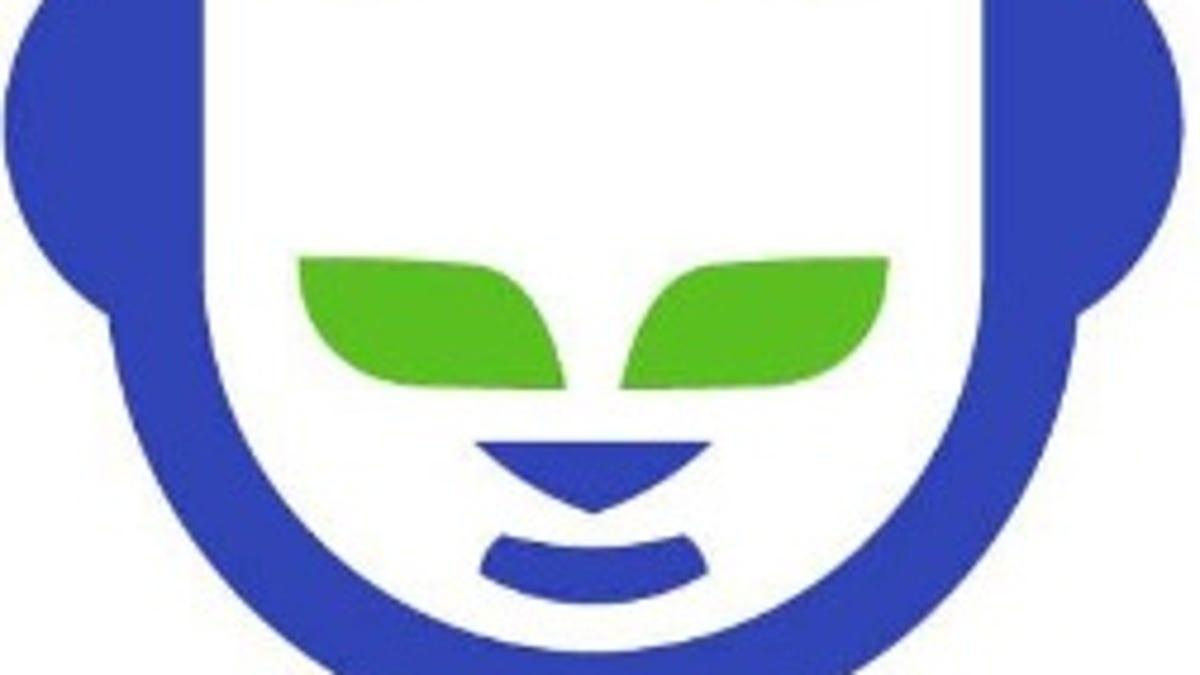RIP Napster--again
Rhapsody completes acquisition of the music service, which in a former iteration frustrated the music industry and helped change the landscape of digital music.

This is the second time in a decade that the Internet has written a eulogy for Napster.
The service, which in a former iteration frustrated the music industry via peer-to-peer file sharing, was absorbed today in a takeover by a rival music service. In a deal first reported by CNET in October, Rhapsody agreed to acquire Napster's subscribers and assets.
The pioneering file-sharing service's software, created in 1999 by 19-year-old student Shawn Fanning, enabled users to swap MP3 files with each across the Internet for free. But that activity cut into the profits of the recording industry and artists, which filed lawsuits that eventually toppled Napster.
The Recording Industry Association of America, flexing powers acquired in the recently enacted Digital Millennium Copyright Act, got the ball rolling with a lawsuit against Napster in April 2000. Heavy metal band Metallica became a vocal Napster opponent, charging the service and a handful of universities with facilitating massive copyright infringement. Rap artist Dr. Dre also filed a lawsuit.
Under federal court order, Napster began blocking unauthorized song swapping, sending the amount of music available on the service plummeting. Napster's first eulogy was written in 2002 after a federal judge blocked German media giant Bertelsmann's attempt to buy the service for $9 million.
The void was filled by services such as Aimster, LimeWire, and Kazaa, but they eventually fell to legal action as well. (Today, much of the Internet's file swapping occurs through the BitTorrent protocol on sites like The PirateBay.org.)
The Napster brand was resurrected in 2003, but the new service bore little resemblance to the anarchic Napster. CD- and DVD-burning software company Roxio relaunched Napster as a legitimate music download service after purchasing the Napster name for $5 million in bankruptcy court.
However, Roxio's service, which employed Fanning as a consultant, hobbled along for years before electronics retailer Best Buy acquired the music service in a deal valued at $121 million. Best Buy in turn sold it to Rhapsody, one of the Web's oldest subscription music services. Although the terms were not released, it's a safe bet that Best Buy's investment didn't pay off.
Napster's Web site has been replaced by a message saying the service has joined Rhapsody and inviting visitors to give it a try.
Is this the last we've heard of Napster--a company that undeniably changed the landscape of digital music?

